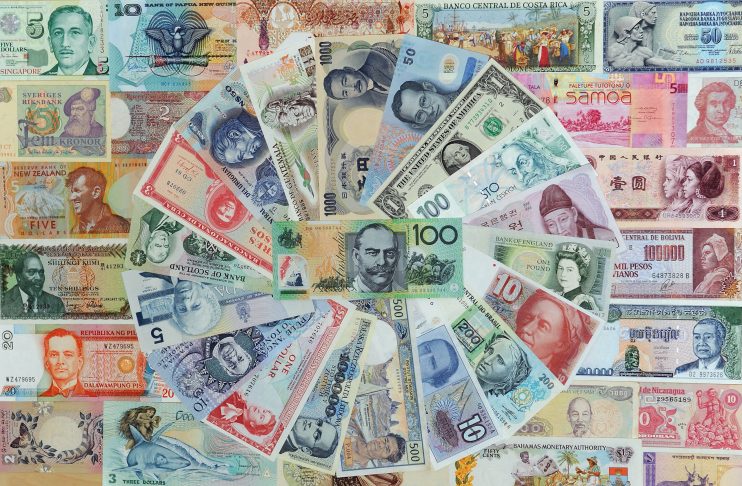
Australian Dollar to GBP – Could this be one to watch?

Singapore Dollar
Fears of the coronavirus which has been spreading from China have affected global market sentiment. This week in Singapore December consumer price inflation results beat expectations; with food, transport, communication, and education costs the highlights. Beating November’s 0.6 per cent and the prediction of 0.7 per cent, December’s 0.8 per cent result is in line with the Monetary Authority of Singapore (MAS). The general feeling is that with continued low inflation and firmer growth for Singapore this year, the central bank won’t be altering its monetary policy for a while. The Singapore Dollar also remained unchanged after URA property index data came out this week, despite the results showing rents of office space in the centre of Singapore dropped 3.2 per cent in 2019’s fourth quarter. 2019’s office rental index overall went down 3.1 per cent in comparison to 2018’s strong increase of 7.4 per cent.
Hong Kong Dollar
Hong Kong banks have far less cash to hand after the amount of funds on loan flew to 2002’s highest level in relation to deposits. Investors will be looking intently at interest rates, which could be volatile. And large demands for cash could result in borrowing costs when the liquidity pool is so very minimal. Policymakers in Hong Kong must be relieved that the US Federal Reserve cut rates three times last year, this dovish stance has helped but without liquidity, the slightest provocation according to some market experts, could send the currency into a tailspin. Will the city have to reset its US dollar peg? Some are saying yes. Moody’s credit-rating downgrade this week in response to the government’s stance on the deepening political crisis between the protestors and the Beijing backed government is very telling.
Japanese Yen
The traditional safe haven hasn’t had it as easy as it would have liked, with geopolitical tensions historically leading investors to the Yen. Strengthening this month during the US air strike on Iran’s military leader, trade deficits and high-yielding foreign assets are what many investors are blaming for the ordinariness of the currency. However this week saw positive news, with the Bank of Japan Outlook Report raisingits economic growth forecasts. The Yen rose against the US Dollar in response. It edged higher once more against USDand also against GBP after Japan’s All Industrial Activity Index rose, which was rather unexpected. The gains were short-lived though after weak demand from China in the country’s trade reports showed a deficit once more for the second year in a row.
Australian Dollar
The Aussie to GBP rate looking ahead could be one to watch, with the Bank of England holding rates steady this month so far, in comparison to Reserve Bank of Australia suggesting a cut is coming in February. While the BoE is expected to cut rates eventually, the Aussie may feel further cuts along the way. Also interesting this week was the RBA flip flopping over the interest rate cut after employment data came in much stronger, adding a whopping 28,900 jobs in December. Australia’s inflation numbers release next week will be key to the RBA on whether they decide to cut or not cut. While the bush fires have had some short-term impact on market sentiment, ultimately it’s the RBA’s long term view that will shape the Aussie.
Corporate customers benefit from 10 free transfers, as well as:
• Low fees and great rates on a range of currencies
• Online platform to manage and track your payments
• Wholesale currency and bulk currency delivery
• Fix, track and target rates for major and scheduled payments
• Currency exchange specialists offering expert guidance and support
Sign up for a free account
Author: Andrew Warry, FX and Treasury Sales for Corporate Foreign Exchange at moneycorp. Heading up the Corporate Inbound FX Dealing Team, I provide professional guidance and support for companies across the UK in managing international payments and FX risk. With a BA in Management and Business Administration, I use my expertise and ten years’ experience in foreign exchange to deliver a high quality service with professional and valuable insights to moneycorp corporate clients.
moneycorp is a trading name of TTT Moneycorp Limited which is authorised by the Financial Conduct Authority under the Payment Service Regulations 2017 (reference number 308919) for the provision of payment services